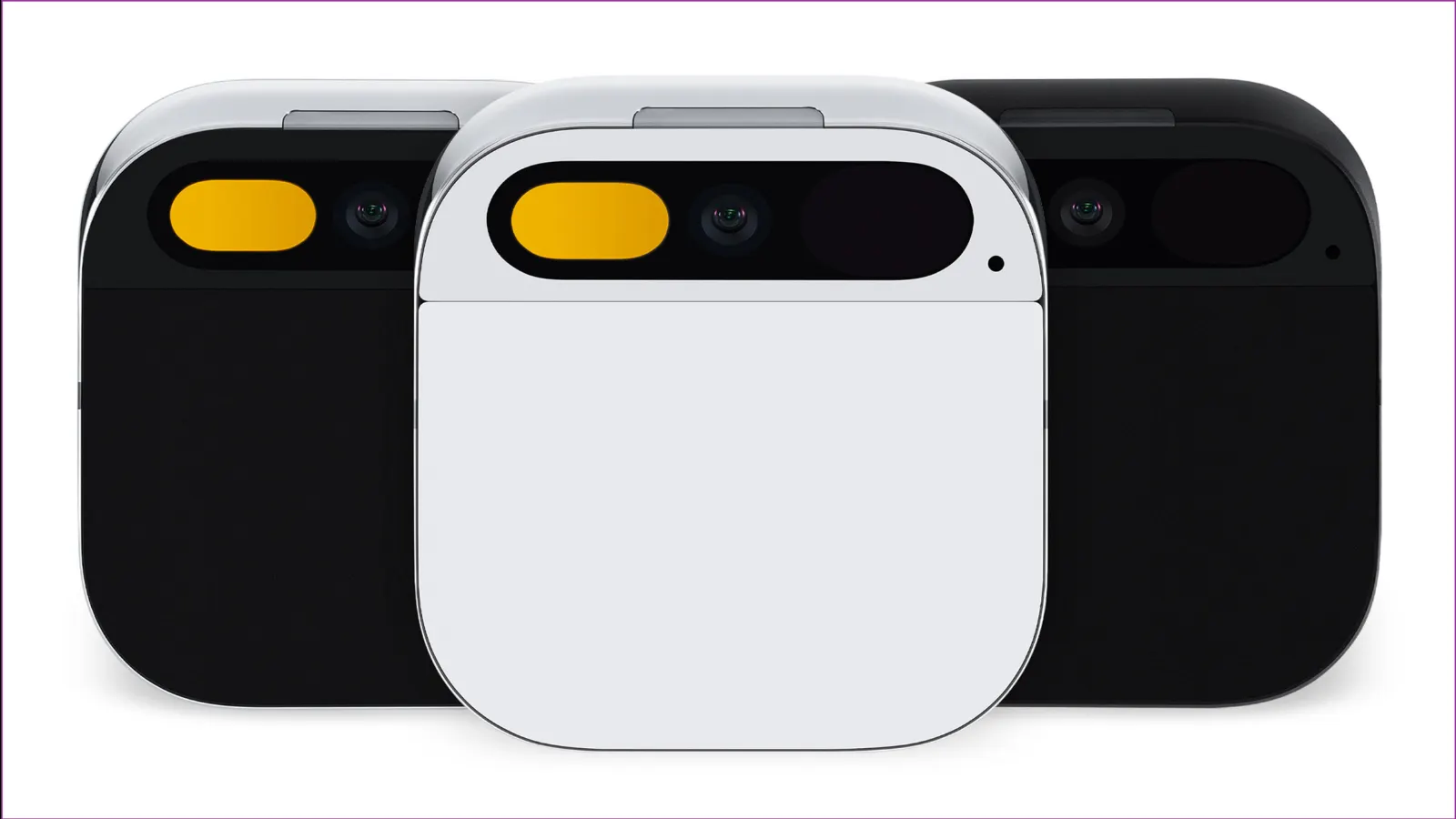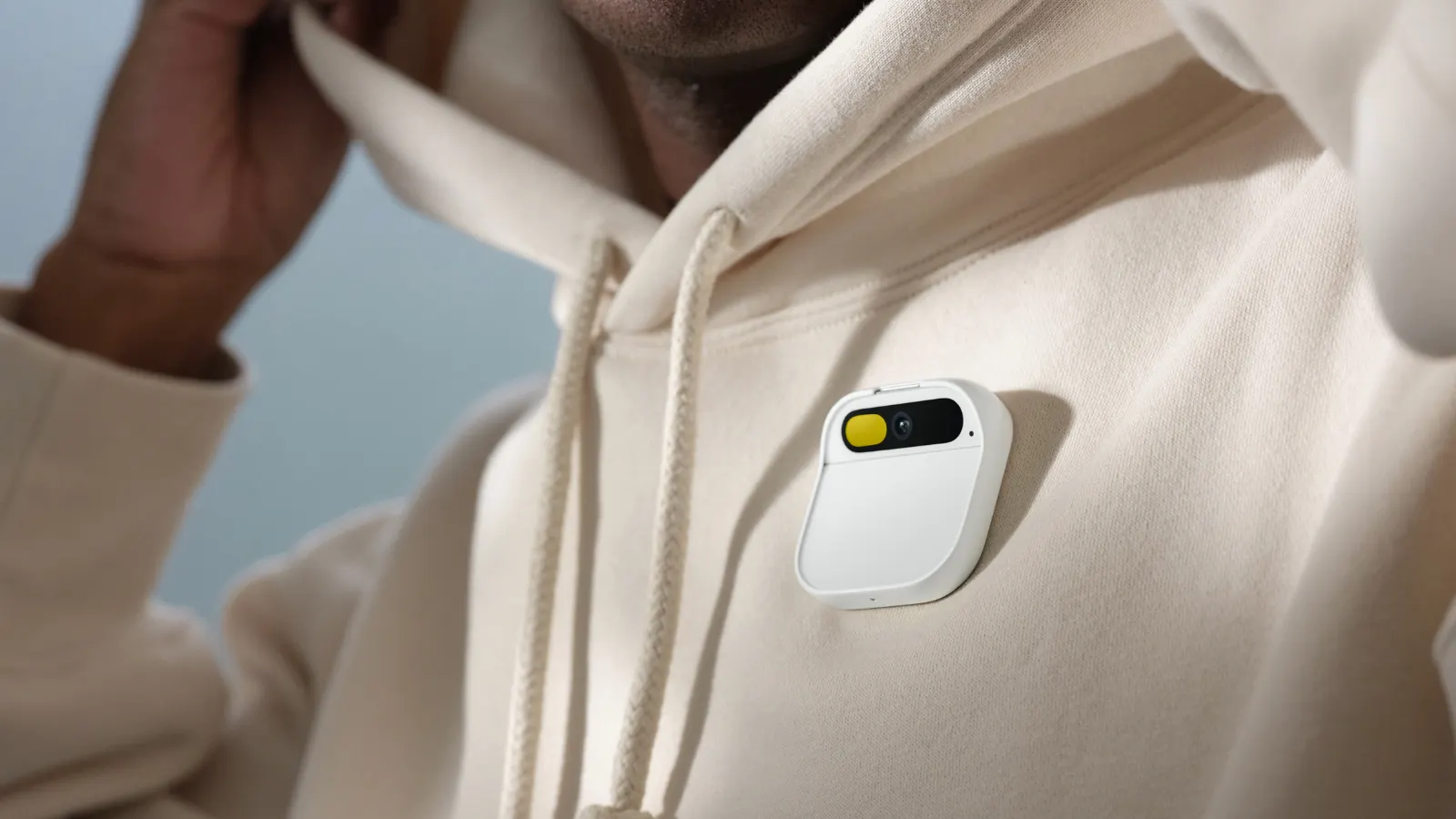AI developer startup Humane officially launched the first iteration of its wearable AI pin on Thursday. Humane also confirmed the rumor that the pin would retail for $699 for the complete system, calling it a new beginning for personal consumer technology.
Based in San Francisco, Humane says the AI pin was four years in the making and comes with investments from and design collaborations with Microsoft, OpenAI, T-Mobile, TIDAL, and others.
The Humane AI pin works by users talking directly to the AI pin or using a laser ink display that projects onto the user’s hand to interact with the device. According to Humane, in addition to an AI-powered music experience—thanks to a deal with streaming platform TIDAL—the AI pin includes a photo mode and a voice-to-text feature that lets users compose messages using their voice, a language interpreter and comes with a “Catch Me Up” feature that sorts through emails and messages.

In September, Supermodel Naomi Campbell wore the Humane AI pin during Coperni designers Sébastien Meyer and Arnaud Vaillant's runway show during Paris Fashion Week.
“Humane is committed to building a future where AI seamlessly integrates into every aspect of our lives and enhances our daily experiences,” the company said in a statement shared with Decrypt. “The launch of AI pin marks the beginning of this journey and the start of an exciting new chapter in AI-powered personal technology.”
“The amount of interest and activity in AI has 10x since November 2022 when ChatGPT officially became a part of the zeitgeist,” veteran tech journalist, author, and partner emeritus at venture capital firm True Ventures Om Malik told Decrypt.
Malik observed that the push towards smaller, more personal AI to help people manage the digital world goes back decades with personal digital assistant devices like the Palm Pilot. However, with the proliferation of technology, he said it can be hard for people to contextualize everything becoming digital and dealing with constant distractions.
“We are at a point in a society where things are going to go more complex, and AI is going to have to play a role in it, and it's going to have to augment human capability,” Malik said.
Fully immersive and wearable technology may seem like something from the sci-fi hit Ready Player One. Still, companies like StarVR, Actronika, and Ultraleap are developing headgear and haptic vests to bring physical sensations to online interactions. Companies like Meta and Rewind are also developing personal AI assistants to provide users with a chatbot to carry everywhere they go.
While diving into a virtual battlefield may excite some people, for Malik, the thrill around technology like Humane’s AI pin comes from its gradual introduction of a personal AI system.
“When you come up with a new interface, you have a very directional idea of where we are going,” Malik said. “Think of Humane as a way AI gets implemented into devices, and into our lives. It comes as piecemeal. ChatGPT is one way of interacting with it but there are many ways of interacting with AI.”
Skeptics may balk at the idea of having a wearable AI listening and recording everything you say or do. To alleviate this fear, Humane says the AI pin is designed to be activated only when the user engages with the device, adding that the AI pin does not employ “wake words” like Alexa or Siri and induces a “trust light” that indicates when sensors are active.
Despite these assurances, Malik urged caution when using Humane’s AI pin, adding that Humane’s biggest challenge is privacy and that he is not 100% convinced by their claims—pointing to commentary he published this morning.
“This is a brave new world, and I am not entirely convinced that Humane has fully solved the privacy challenge,” Malik wrote on his personal website. “Sure, the AI pin comes with a trust ring—when it is in use and faces someone, it lets those across from you know it is active by turning on a green ring. A red ring means it is off. It is a bit too nuanced if you ask me. It feels a little unsettling and creepy.
”Or maybe I am being too much of an old fogey,” he added.
Edited by Ryan Ozawa.

